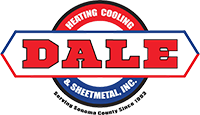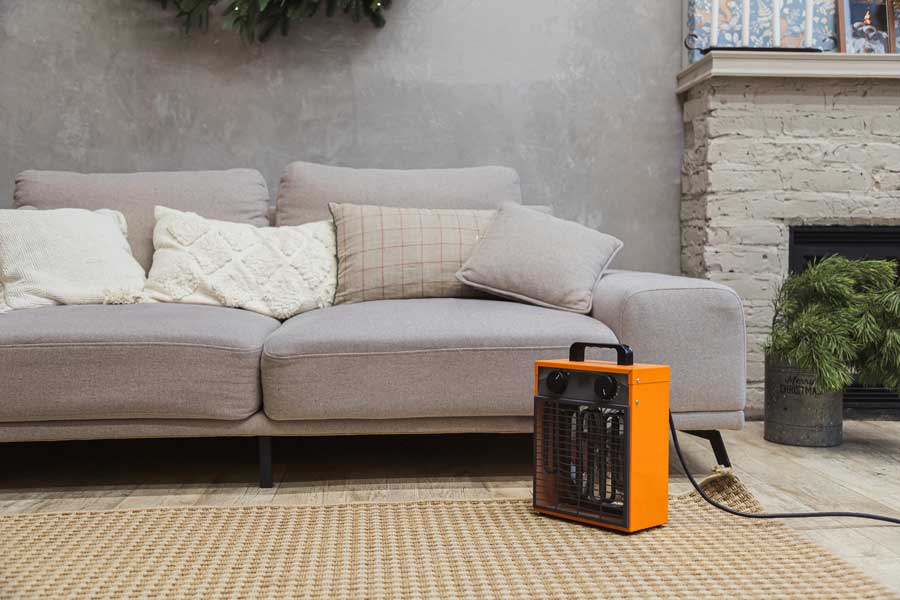While space heaters seem like a great, convenient solution to warming up a cold room, be aware of the risks.
In addition to safety risks, here’s how a space heater works against your HVAC system.
HVAC Performance
Your HVAC system, the system put in place to keep temperatures comfortable in your home, was configured to evenly distribute cool and warm air evenly throughout your home.
If your home is too cold in certain areas, it may be due to a lack of proper insulation, an incorrectly installed HVAC system or an inadequate HVAC system and should be checked out.
A space heater can be a real lifesaver if your HVAC system is on the blink and you’ve got a call in for HVAC service.
But a space heater should never be used in place of an HVAC system, over long periods of time or what seems like a way to lower energy costs.
A space heater placed near a thermostat will throw off the accuracy of the programmed temperature because of the heat generated. Your home will actually be colder because the temperature on the thermostat will not accurately reflect the real feel temperature in your home.
Space Heater Risks
Here are some of the risks associated with space heaters:
Fire Risk
According to the U.S. Consumer Product Safety Commission, space heaters are responsible for 1,700 home fires each year. These stats go on to include the number of related deaths and injuries.
Space heaters heat up very quickly and if placed near flammable items or materials, seriously increase the risk for a fire.
Items you wouldn’t think twice about like curtains, sheets, blankets, clothing, furniture or paper are dangerous to be near (3’ or closer to) a space heater.
If an operable space heater is tipped over, your carpet becomes another fire hazard.
Physical Safety Risks
Because space heaters tend to run hot, there is the risk of getting too close and getting burned.
Be sure to keep pets a safe distance away from space heaters for their own physical safety, in addition to preventing them knocking the heater over.
Electrical shocks also pose a risk especially when plugging in or unplugging.
When using a space heater, always use a GFCI outlet to prevent electrical overloads. You may experience tripped breakers when overloading an outlet or electrical circuit with other appliances or devices while running a space heater.
Overall Air Quality
While the heater is blowing out hot air and especially for long periods of time, it takes a lot of moisture out of the air, leaving the air extremely dry.
While dry air itself is not a threat, it can make you miserable by drying out your skin, lips, eyes and sinuses, which may lead to nosebleeds.
Dry air can also give you those sudden “shocks” when you touch surfaces, especially metal.
Higher Energy Bills
Because space heaters can only heat small spaces, it has to run constantly to maintain warm temperatures. The longer you run the heater, the higher your energy bill.
If you run your furnace in addition to a space heater, your bill will be even more expensive.
Conclusion
While space heaters are a great option for short term use in an emergency, they are not intended to be used instead of your HVAC system.
When experiencing problems with your current HVAC system or it’s time for inspection, cleaning, or maintenance, call in the professionals at Dale HCS.

